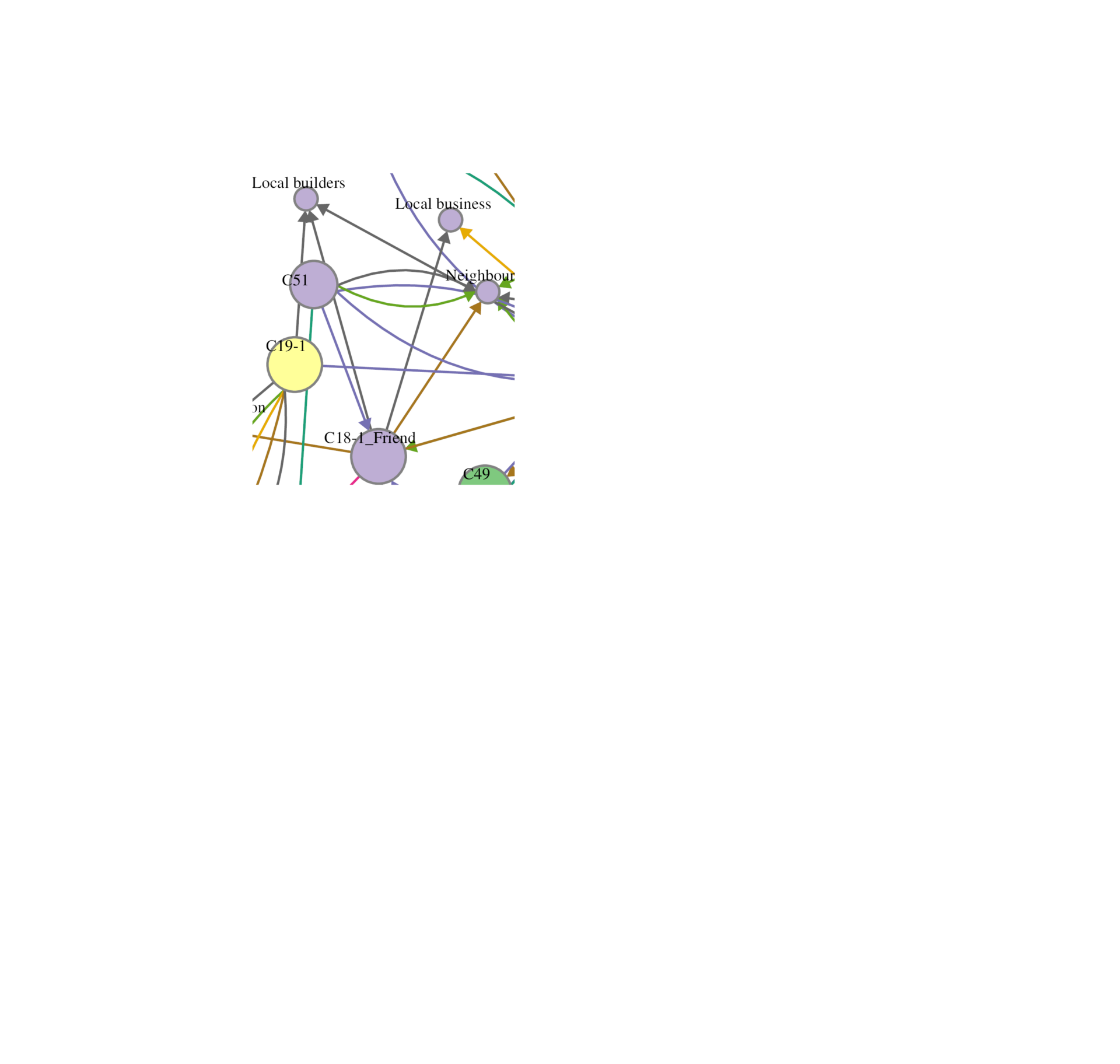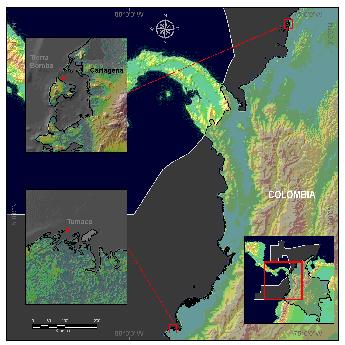Sociological terms
What is Social Learning?
'Social' learning is thought to occur through the sharing of knowledge between individuals, groups and organisations in society through interactions, particularly in novel environments and situations where new opportunities and spaces of possibility can be explored.
Normative Agency
Normative agency is a concept from social and behavioural sciences helpful to understand (and model) how we make decisions in the context of climate risks.
Building Capacity in two vulnerable areas of the Colombian coastal area
Planning, implementation, and operation
Mainstreaming water adaptation means to take onboard water as a structural agent in spatial planning. Often water has been an element which is added at the end of a planning process, as a technical add on. Bringing in water more centrally in the planning process, means that collaboration between sectors is needed such as water professionals and spatial planners. It also means a greater attention to risk considerations in spatial planning. This entails involving both risk professionals active in preparedness, response, and recovery activities, as well as understanding how risks can be prevented by addressing unsustainable development. This also entails understanding climate risks, including the challenges of tomorrow, and the required decision-making under uncertainty.
For all planning processes, it is essential that planning is realised in implementation. This includes providing for essential elements of operation and maintenance to make solutions sustainable over the long term. There is a need for planners to understand the realities of implementation to put in place the right enablers such as financial incentives, and policies etc. For adaptation, this means the need for integrating new solutions (innovations) in old systems and working processes.



